
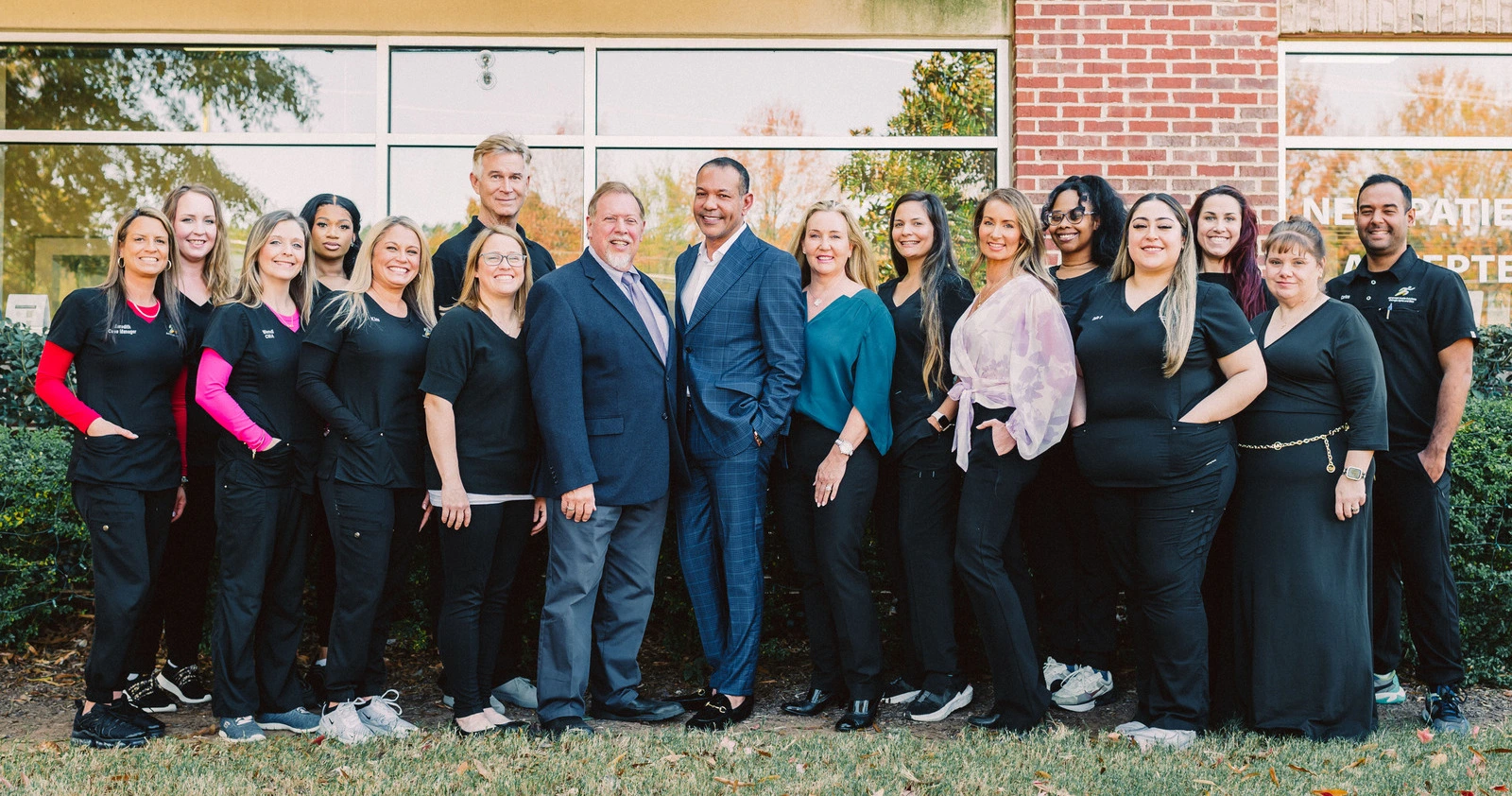
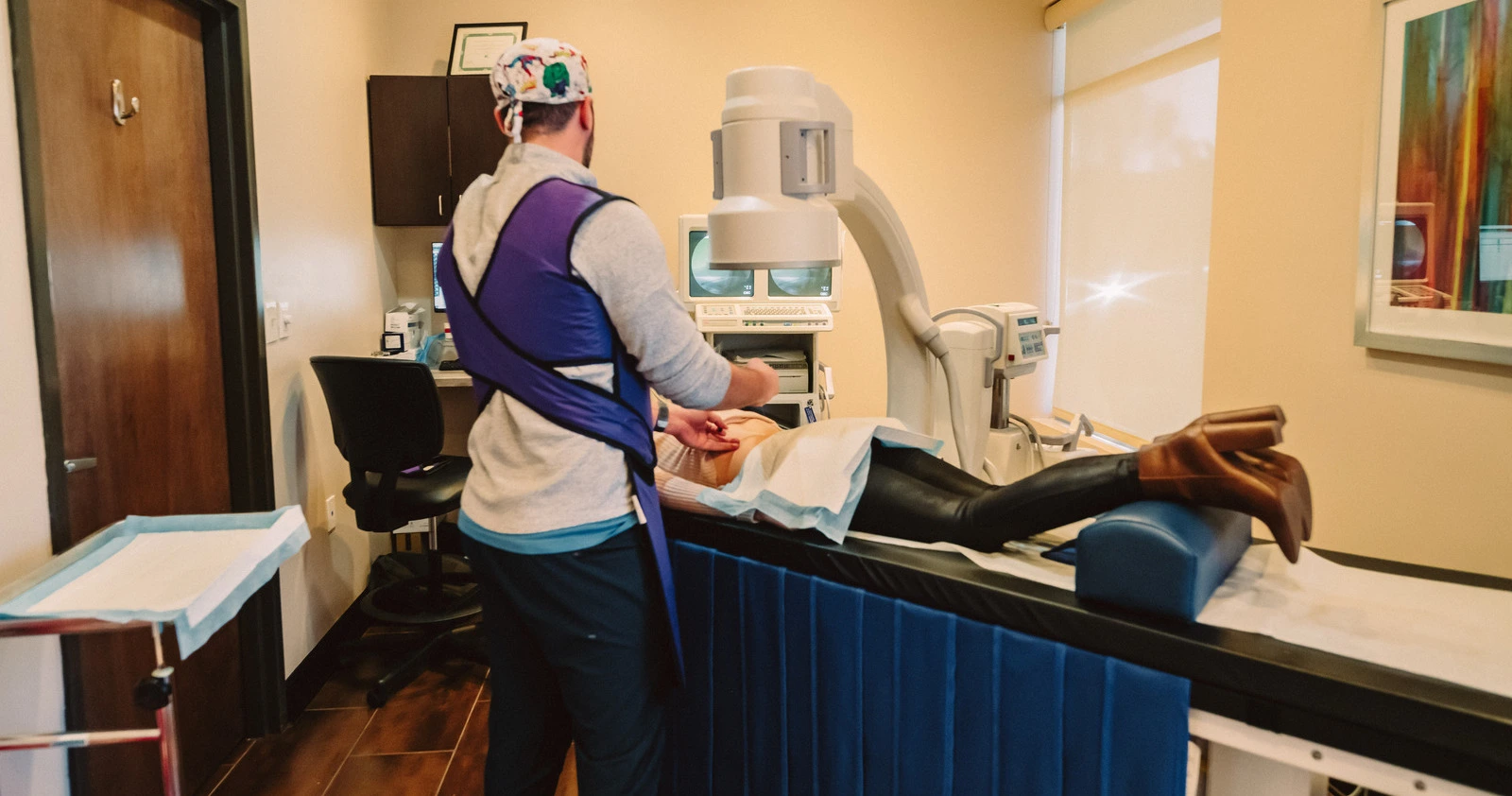
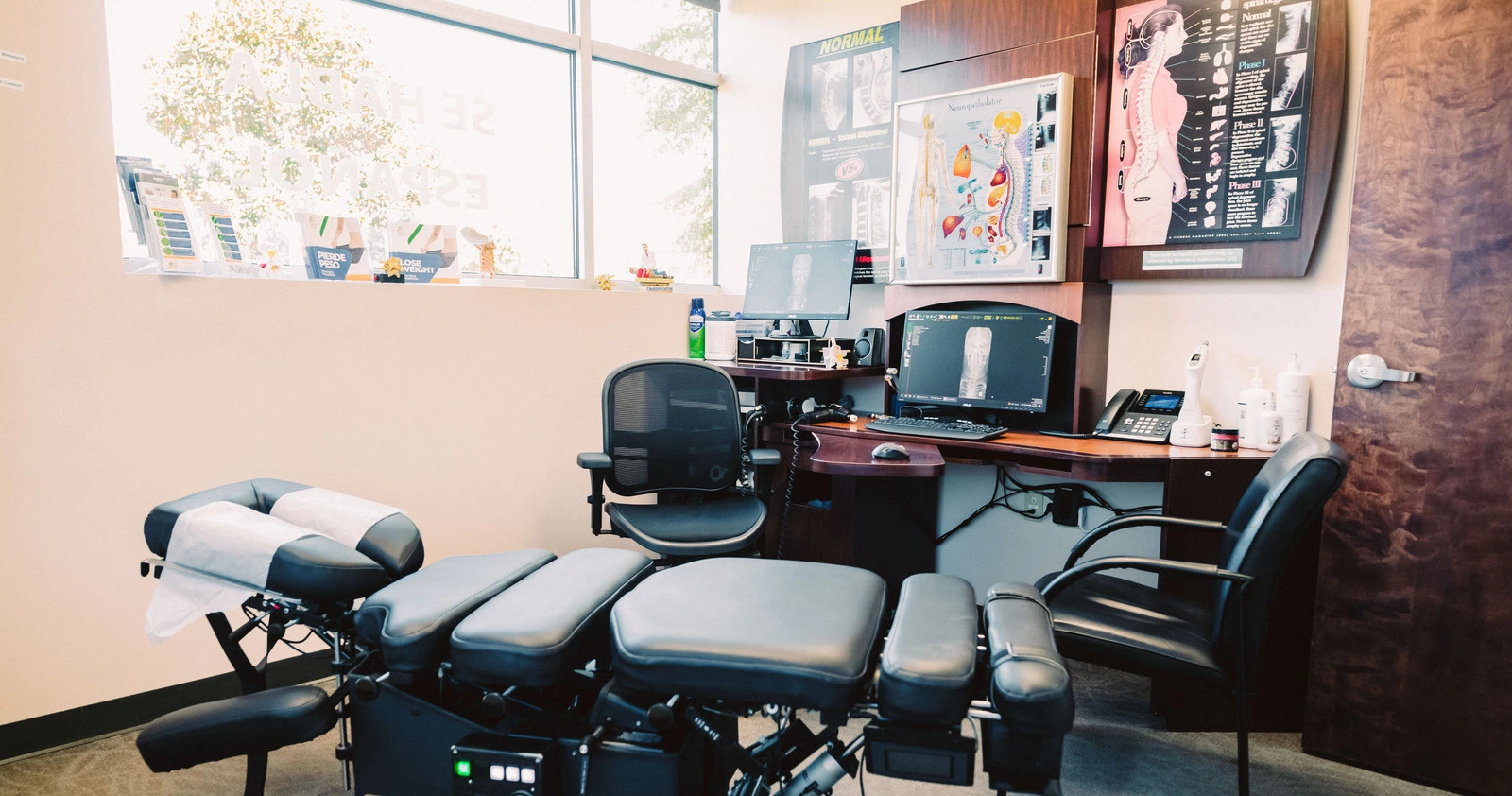
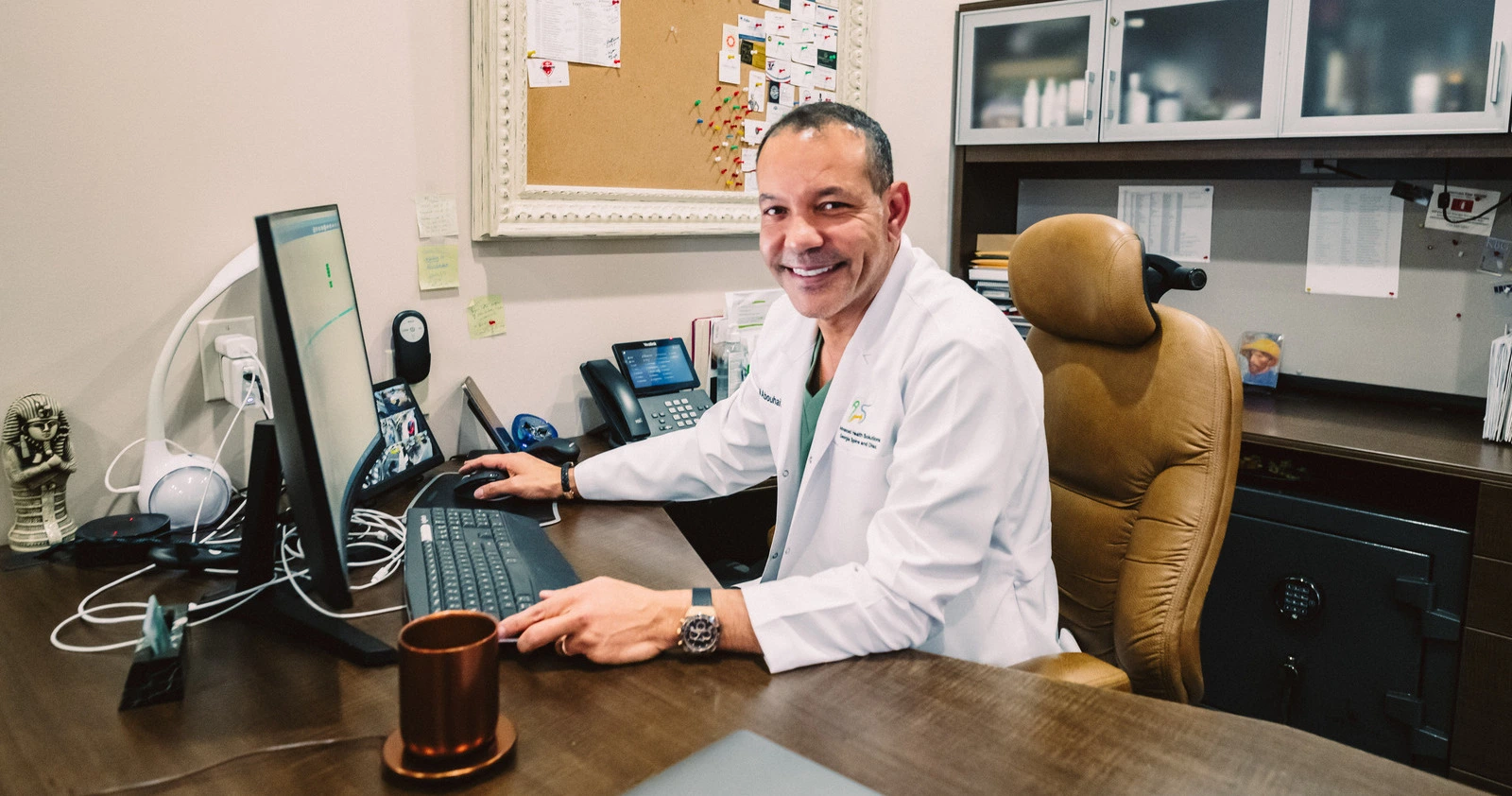
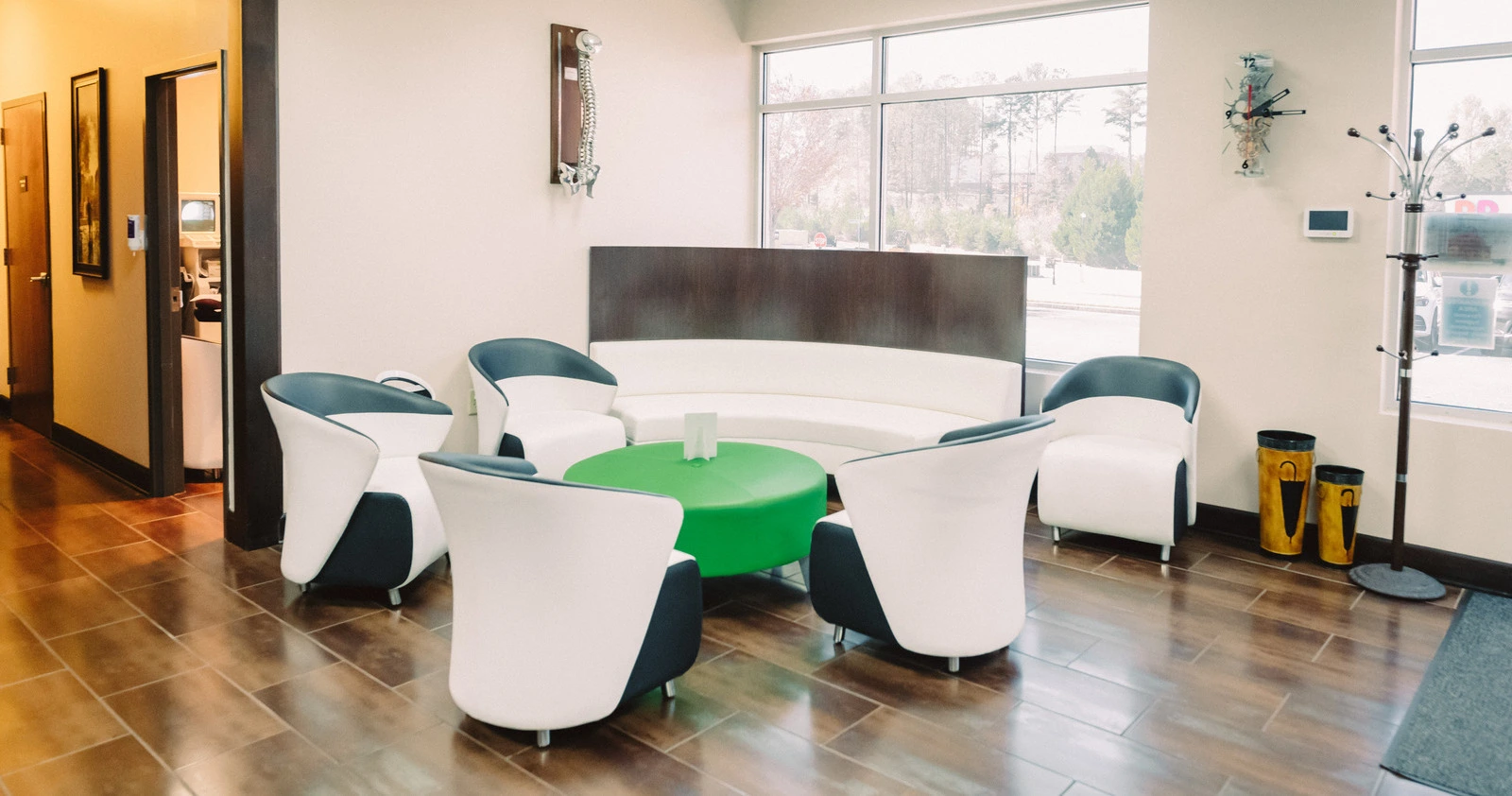
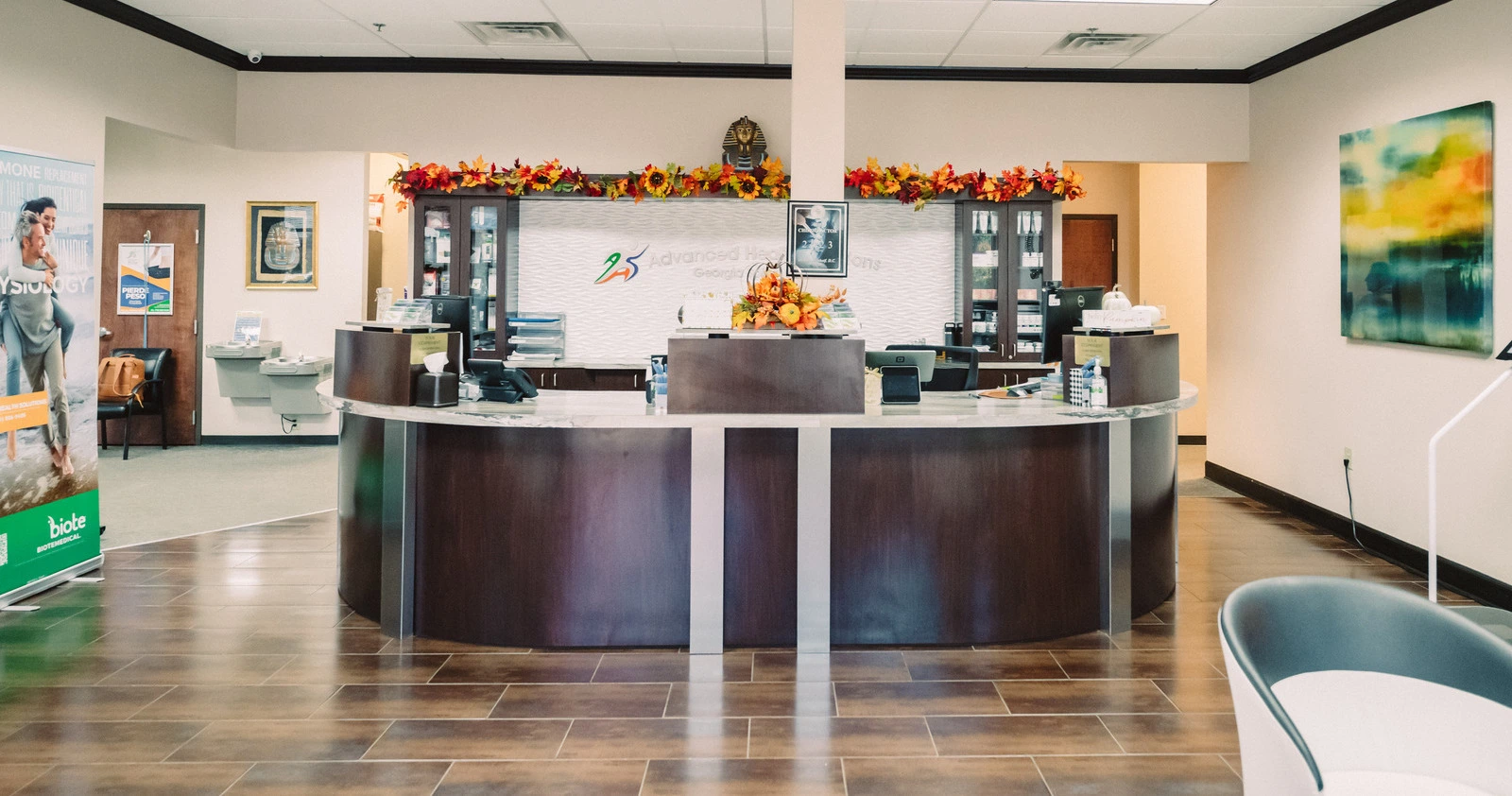
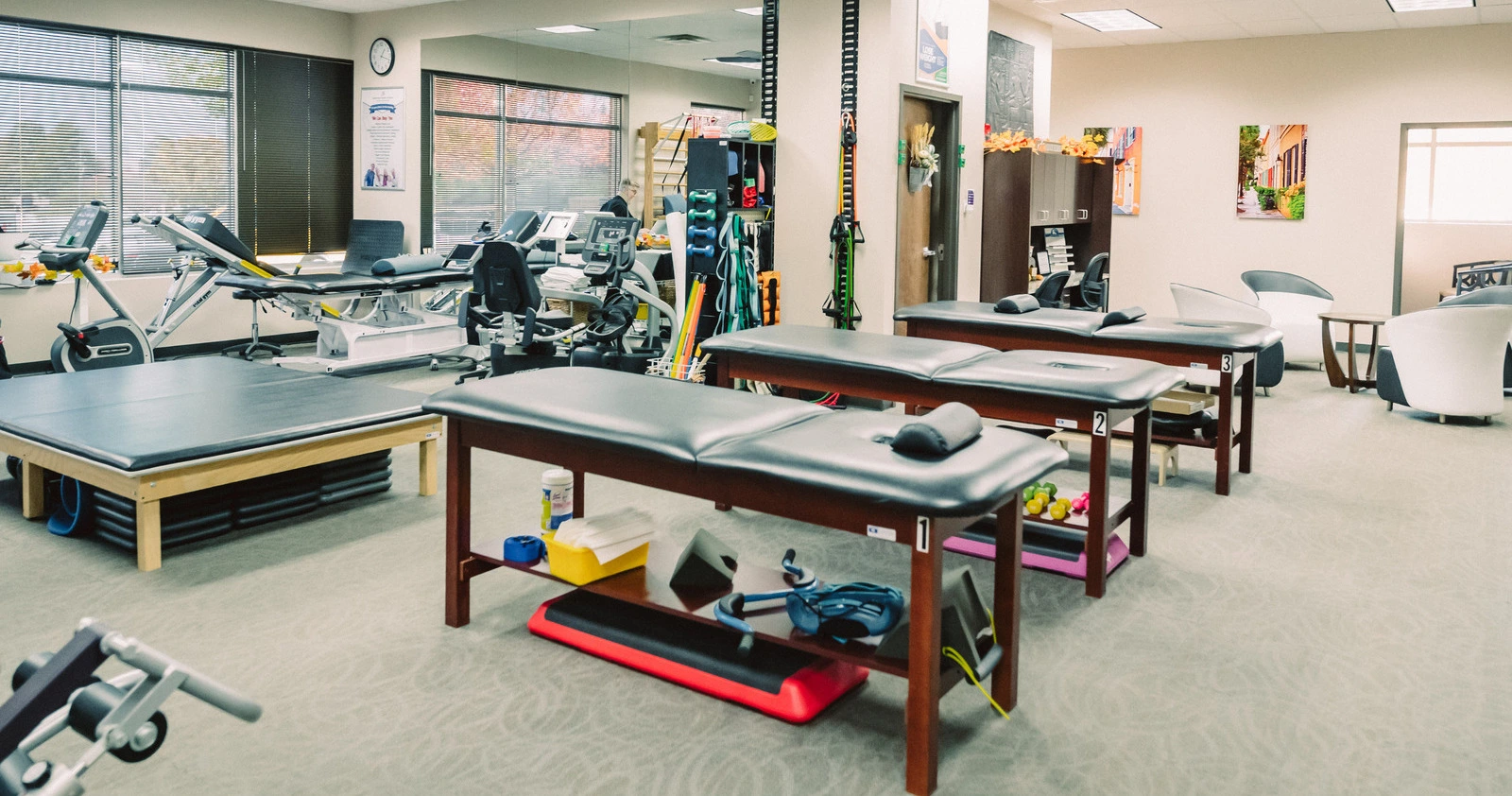
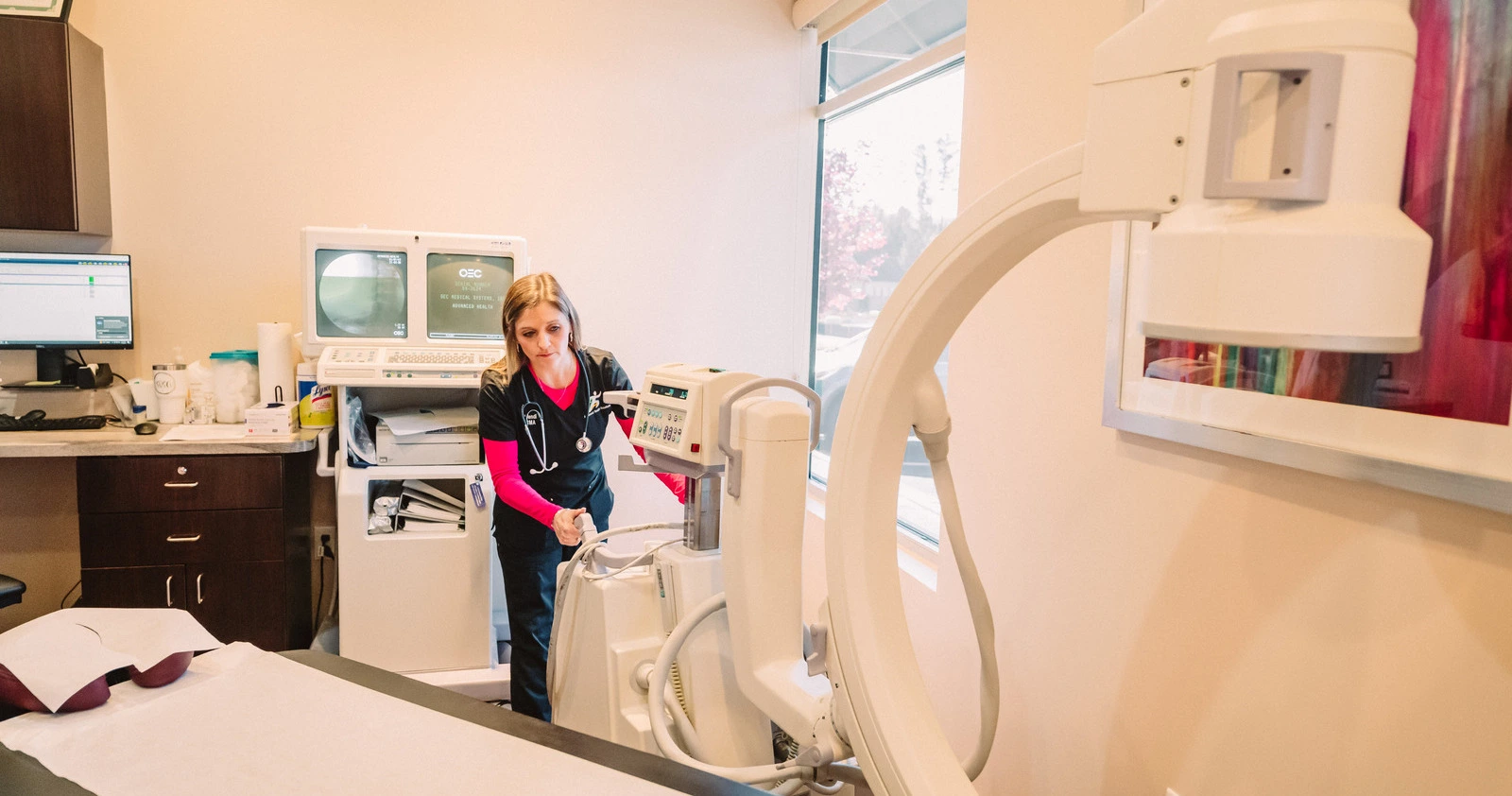
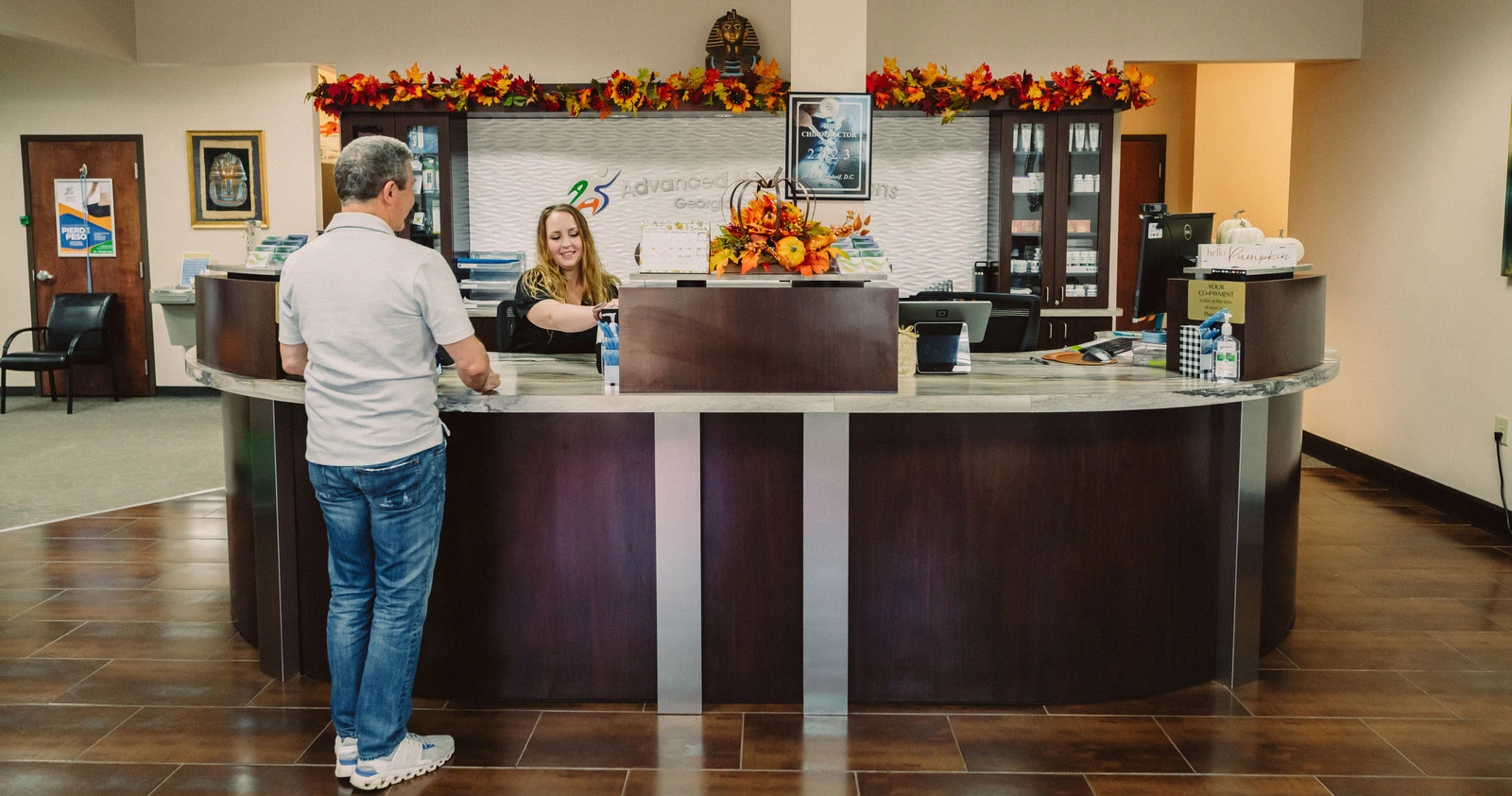
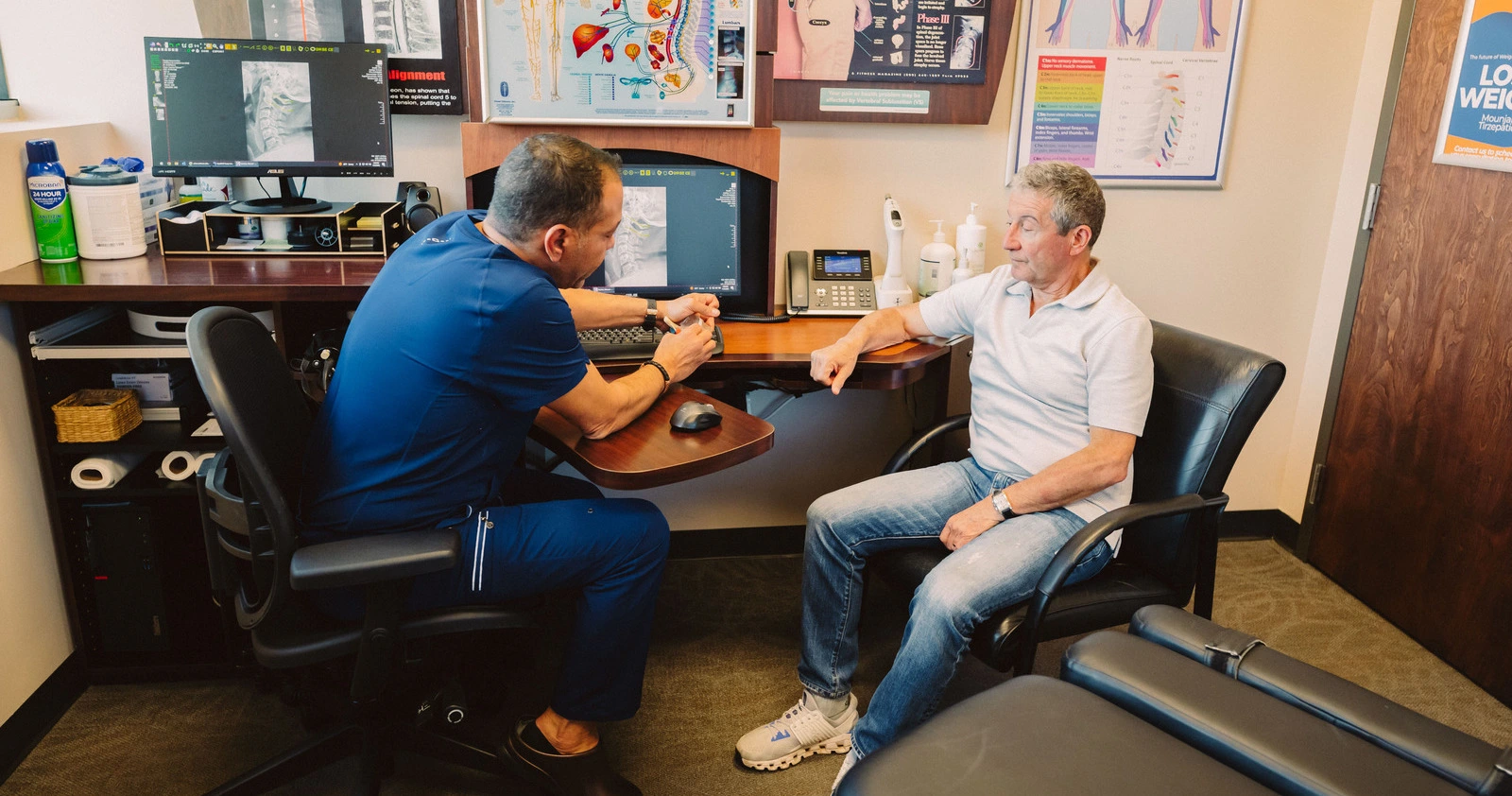
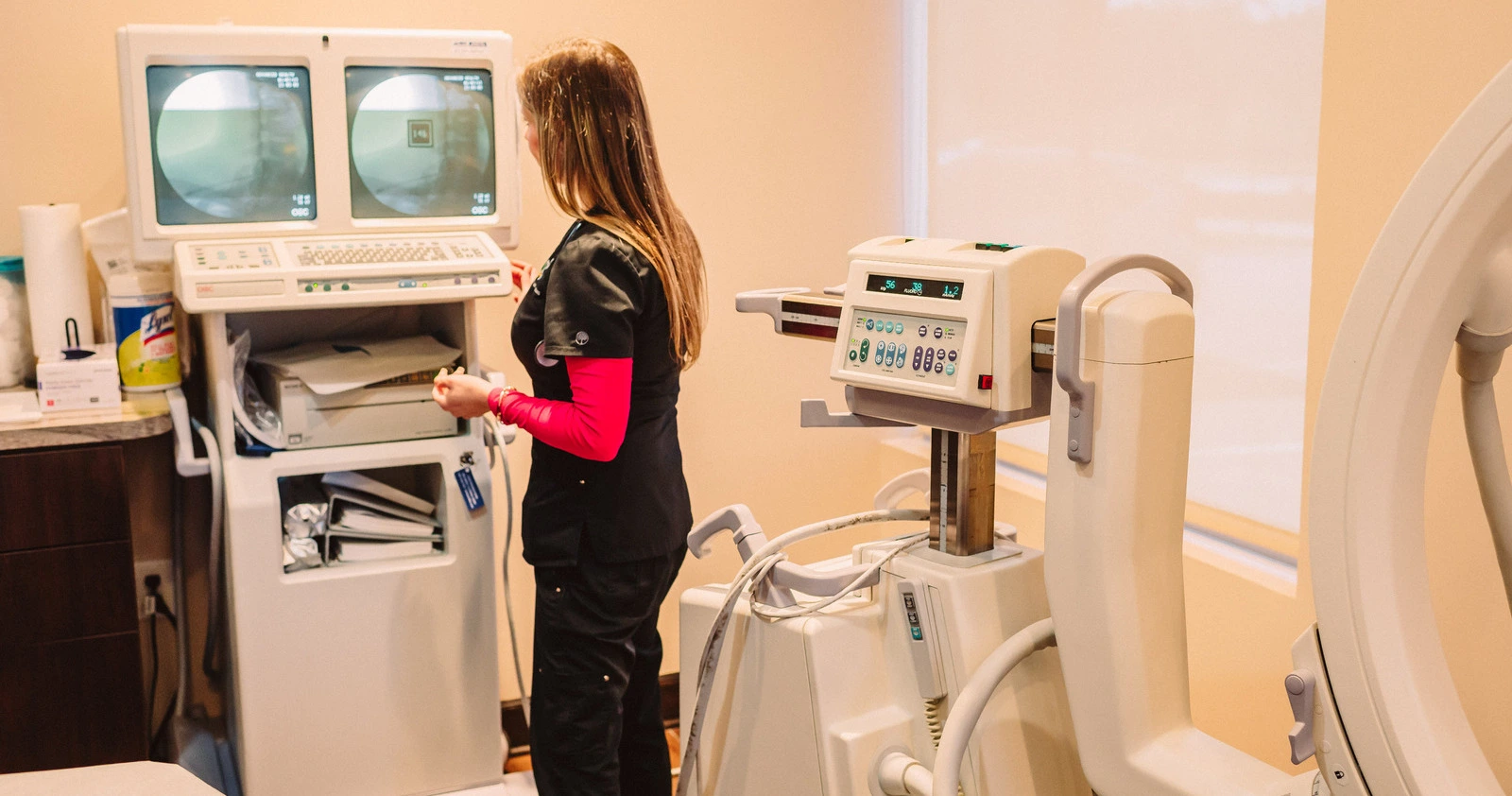
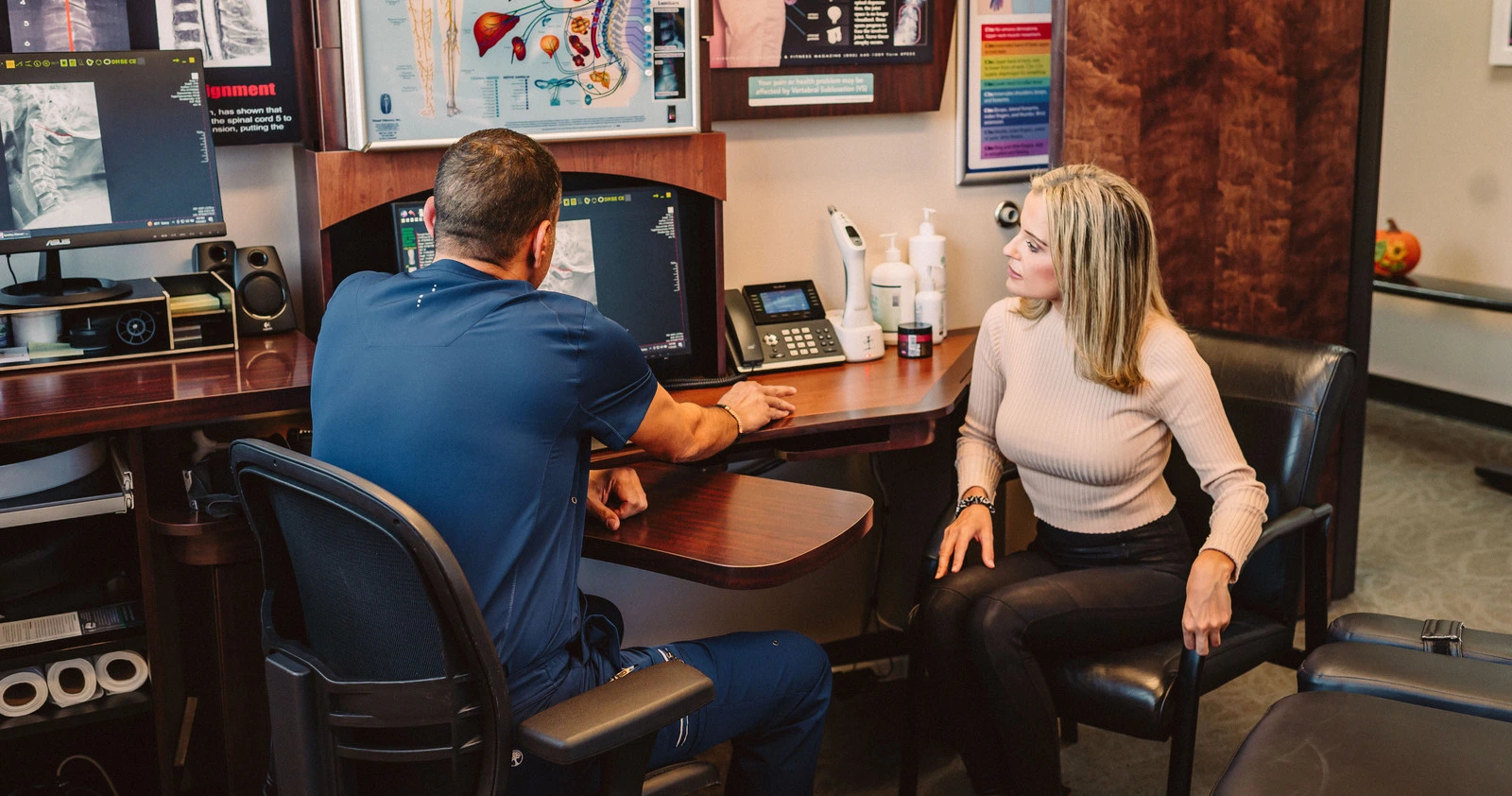
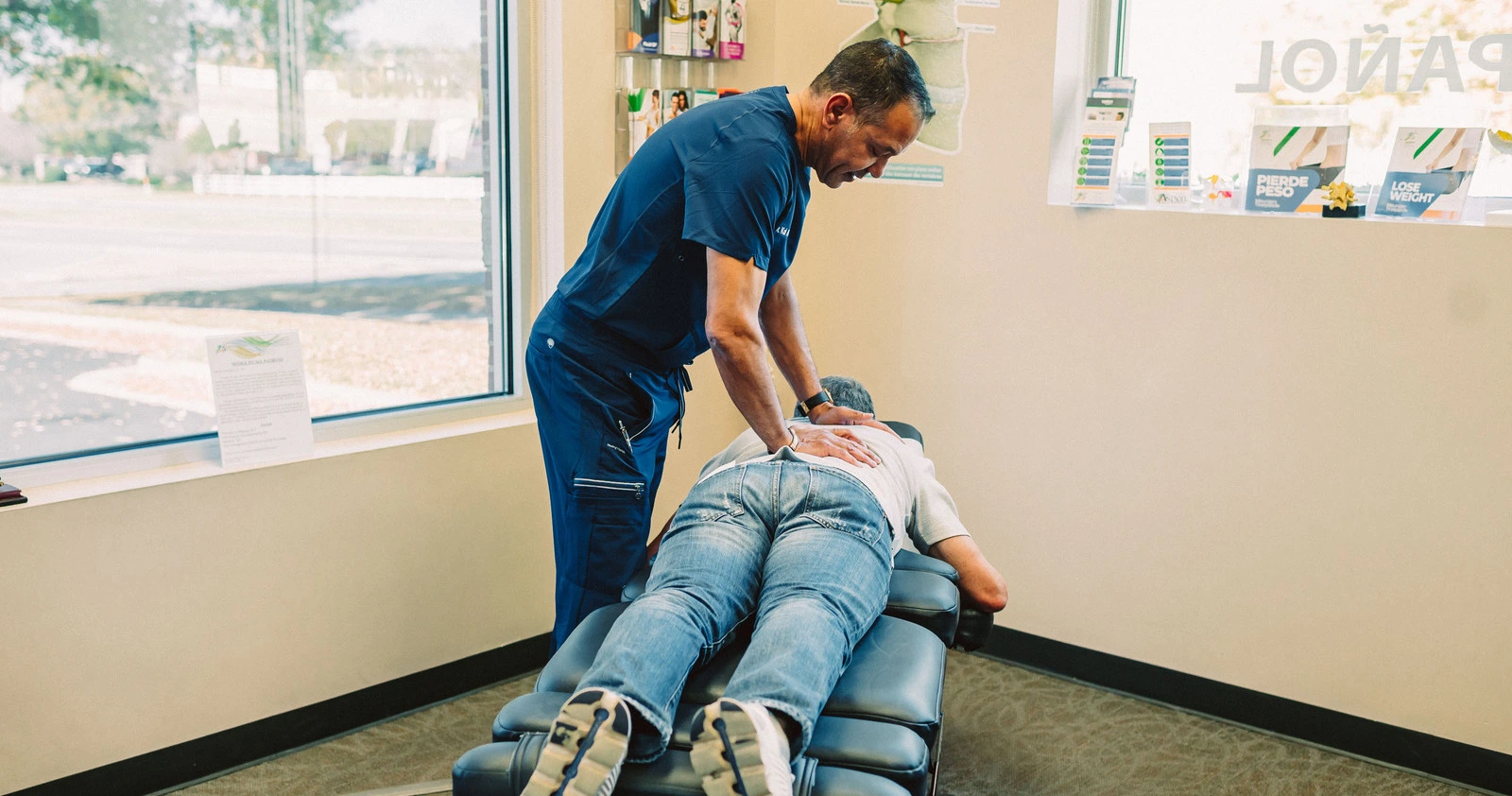
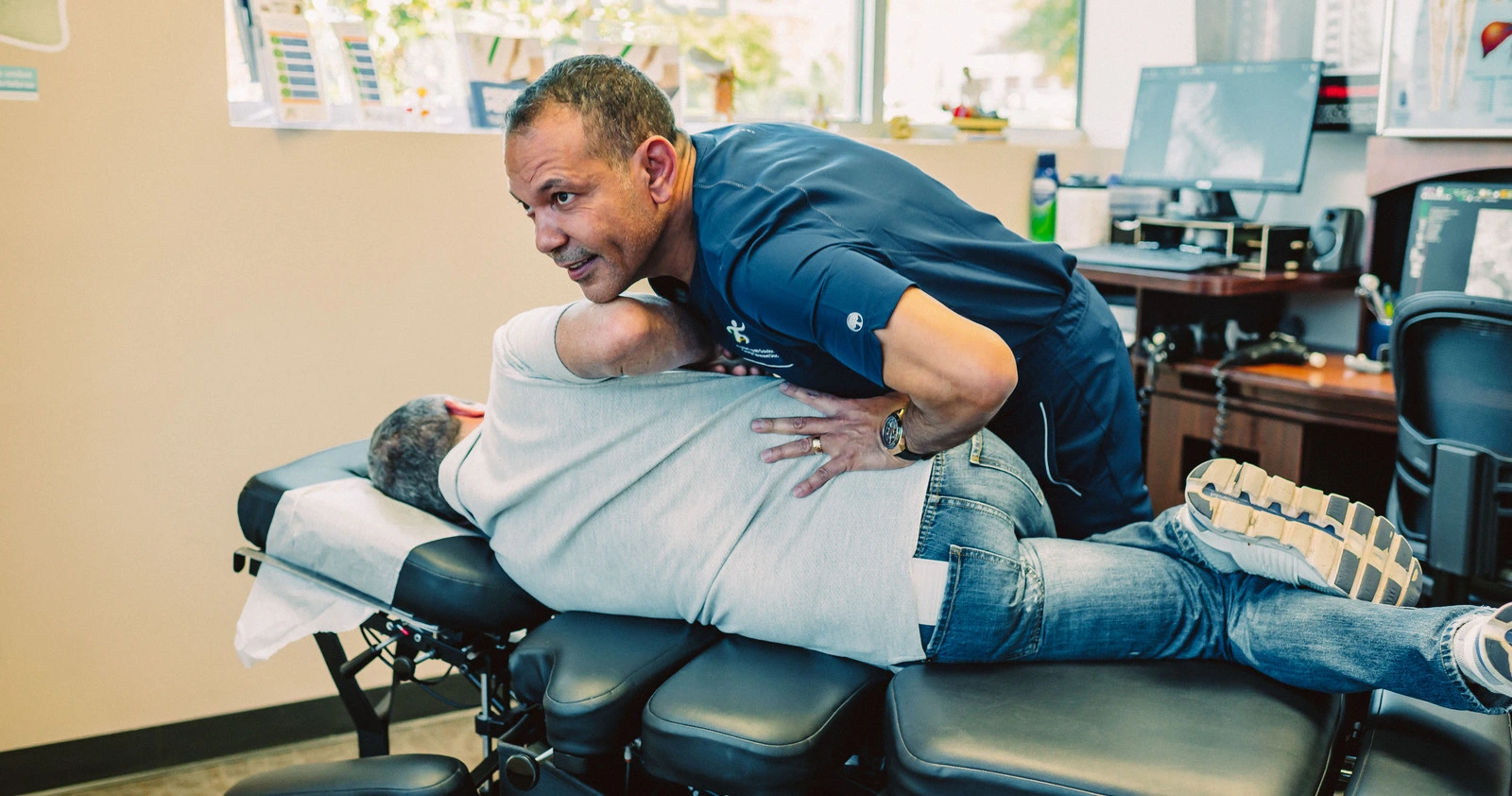
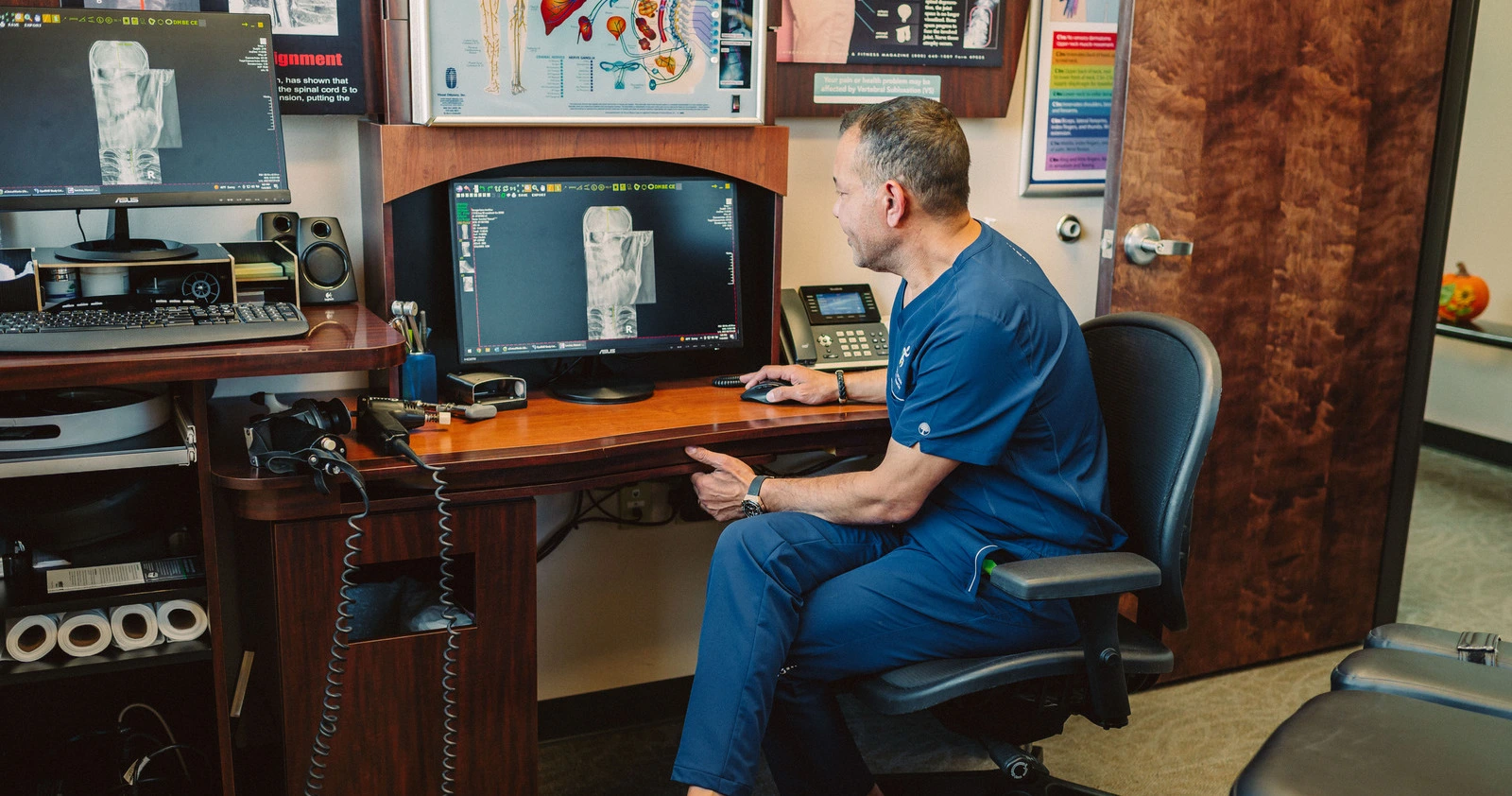
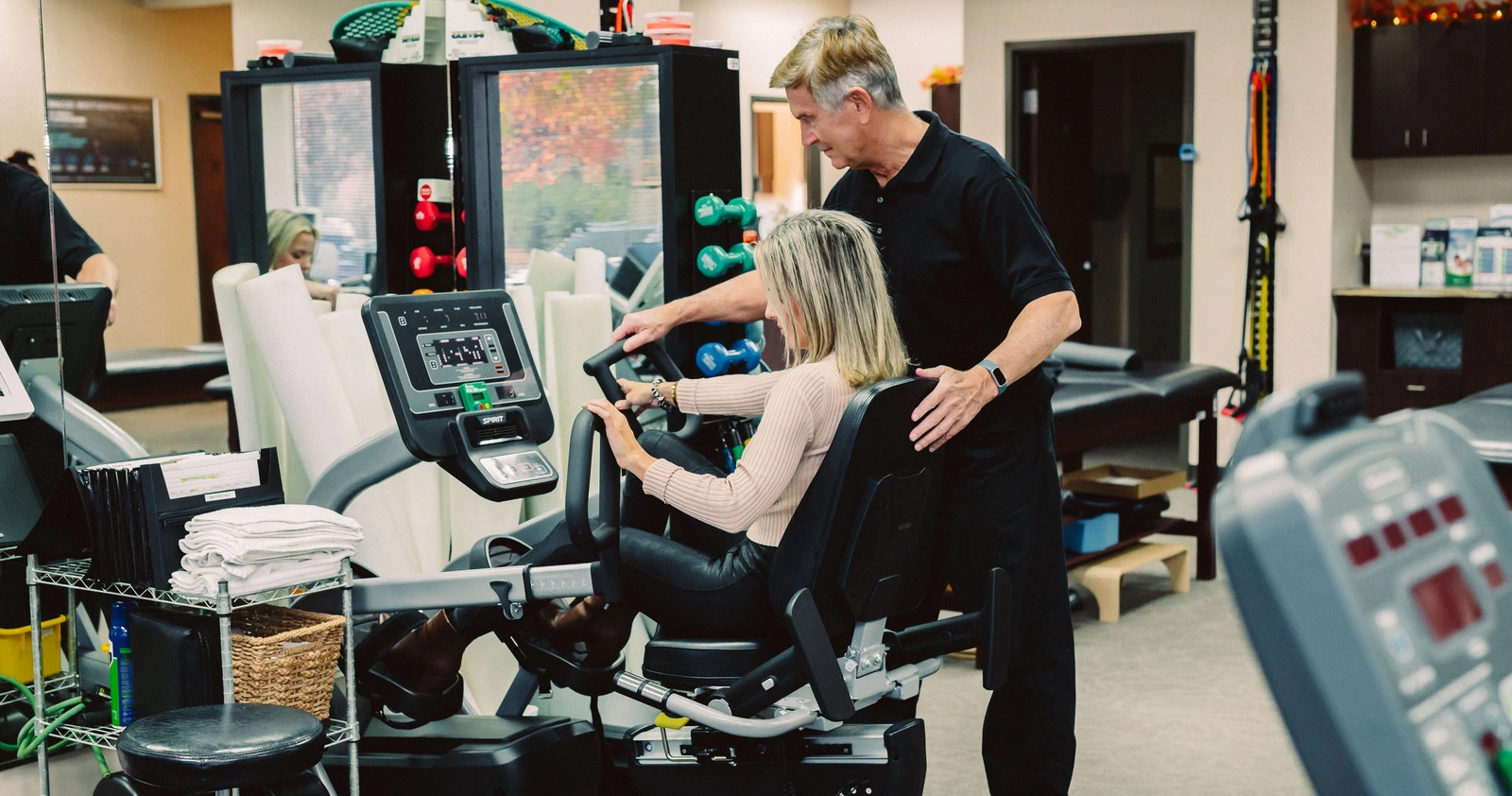
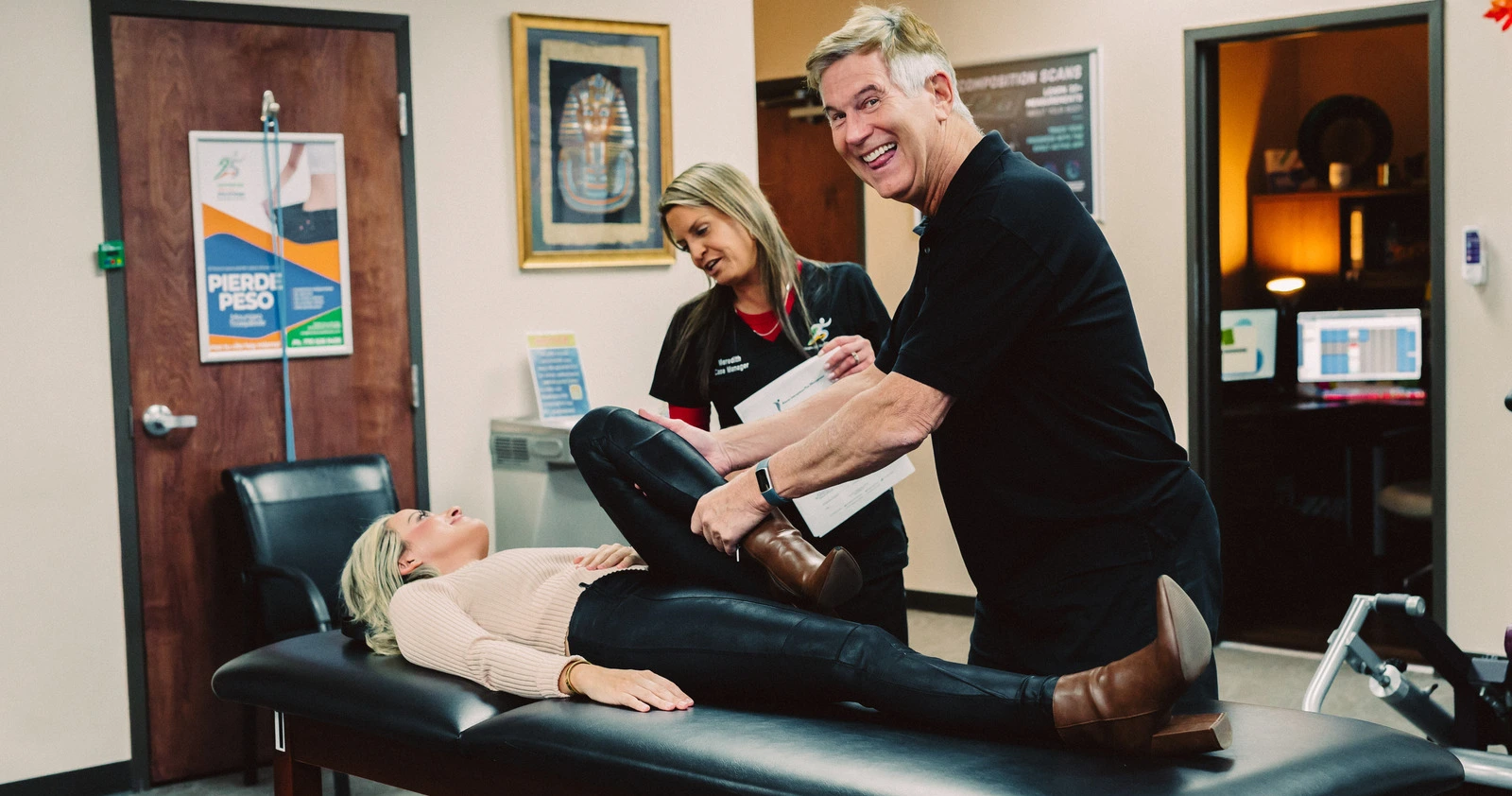
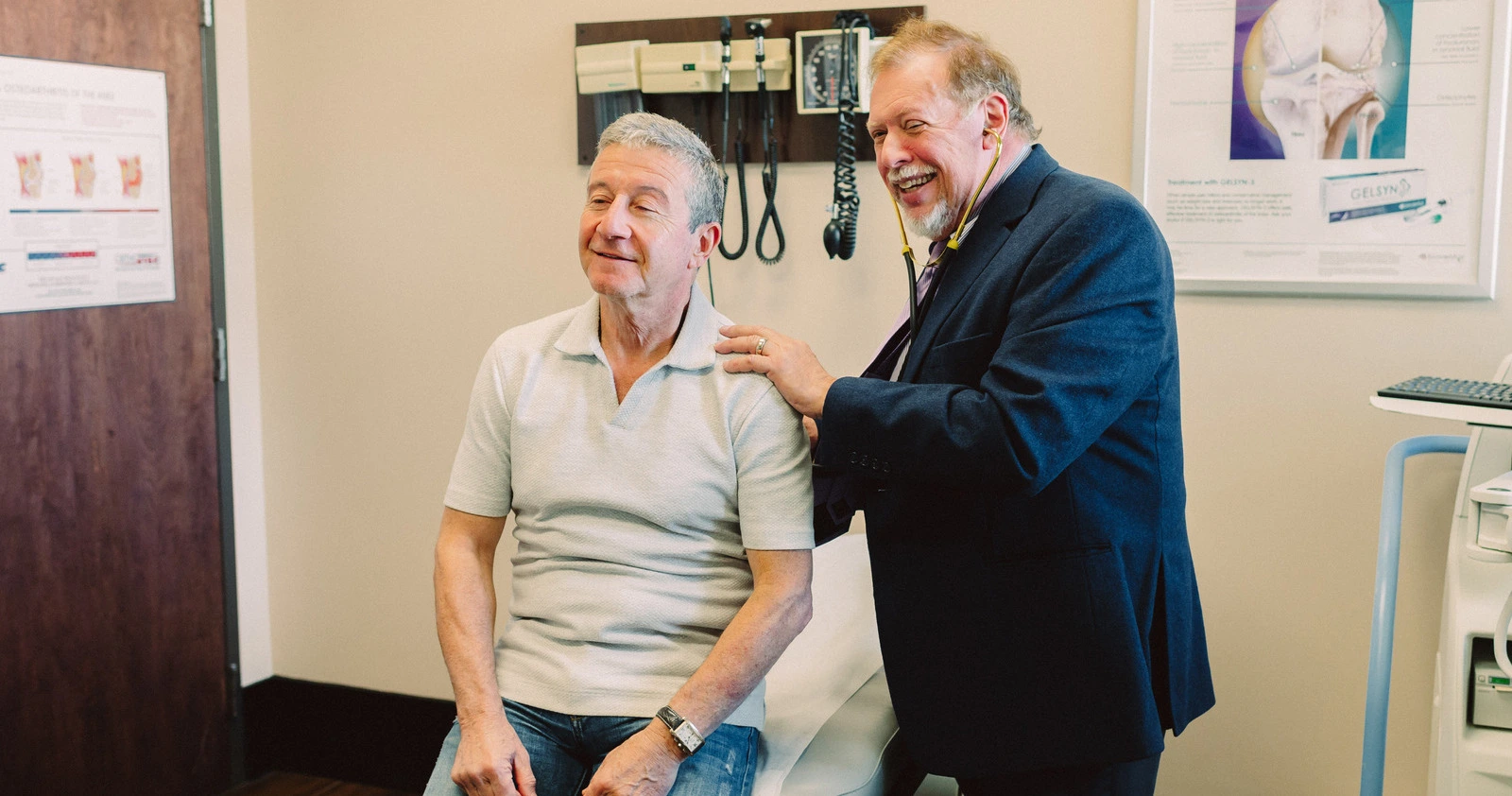
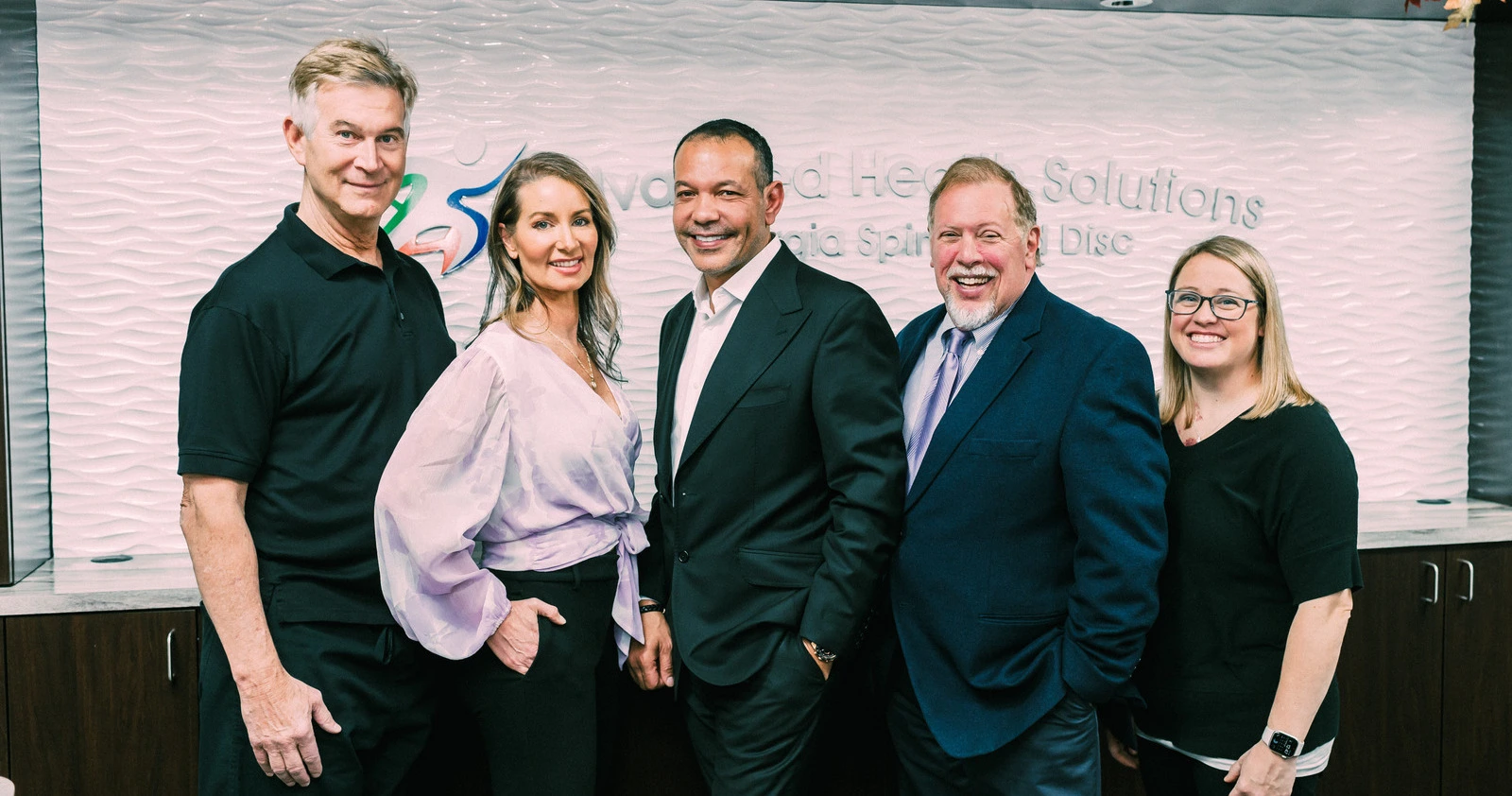

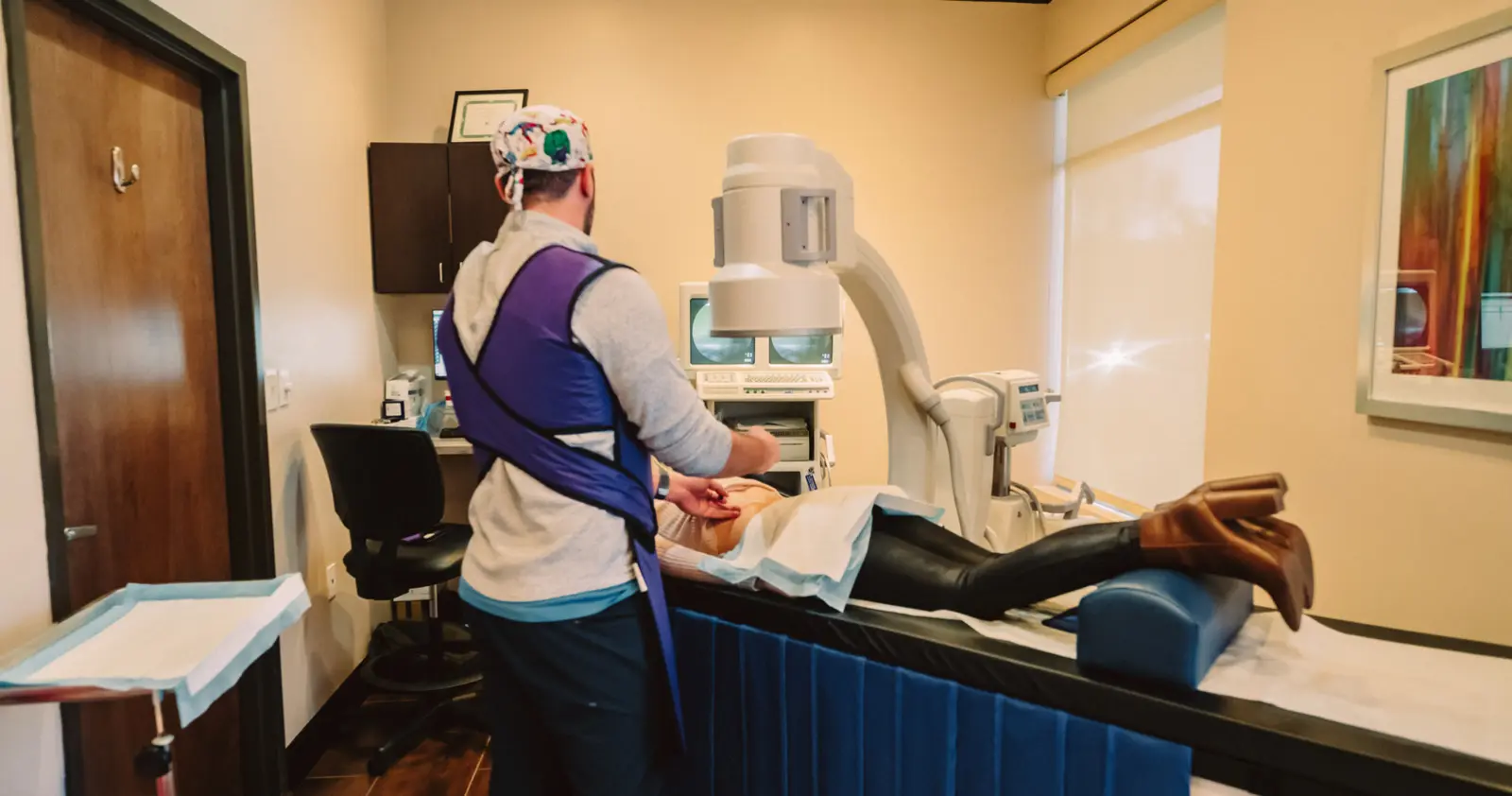

Our medical clinic offers a wide range of services, including primary care, specialty care, preventive care, diagnostic testing, chiropractic, physical therapy, and more. We strive to provide comprehensive and personalized healthcare to our patients.
Our medical professionals are highly trained and experienced in their respective fields. We have a team of doctors, nurses, specialists, and support staff who are dedicated to providing quality care and ensuring the well-being of our patients.
Our clinic(s) are conveniently located in a central area, with easy access to public transportation and ample parking facilities. We understand the importance of accessibility and strive to make it convenient for our patients to reach us. See all locations
We take pride in our high patient satisfaction rates and positive outcomes. We regularly collect feedback from our patients to continuously improve our services and ensure we meet their expectations. Read Our Reviews
We strive to work with a wide range of insurance providers to ensure that our services are accessible to as many patients as possible. We also offer flexible payment options and financial assistance programs to make healthcare affordable for our patients.
The purpose of this visit is to assess your symptoms, diagnose any potential conditions, and provide appropriate treatment or recommendations. Your healthcare provider will outline the recommended treatment plan, which may include medications, lifestyle changes, therapies, or referrals to specialists, depending on your condition.
In addition to our core medical services, we may offer additional benefits such as extended hours, online appointment scheduling, electronic medical records, and patient education resources.


We are a Multidisciplinary Clinic with over 75 years of Combined Experience